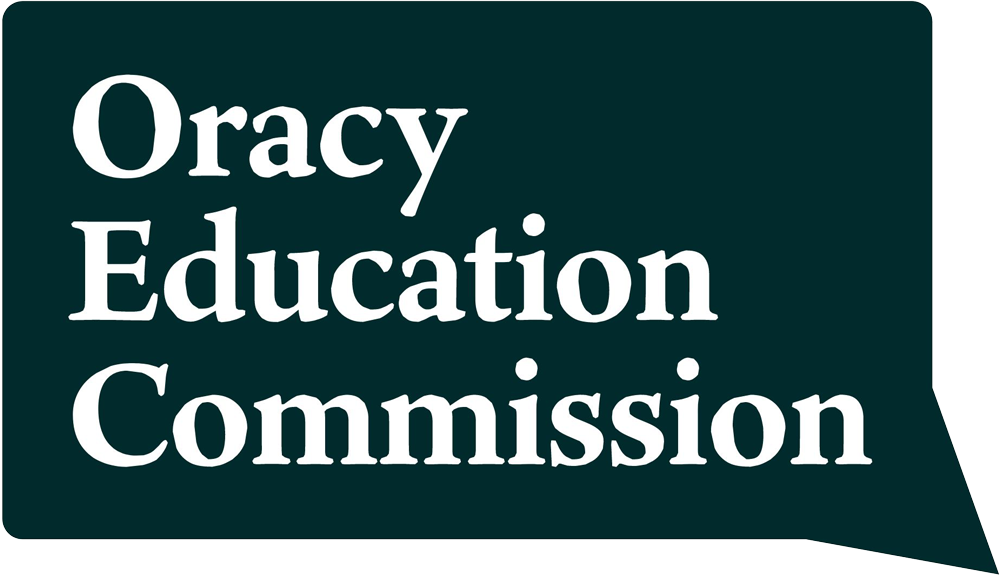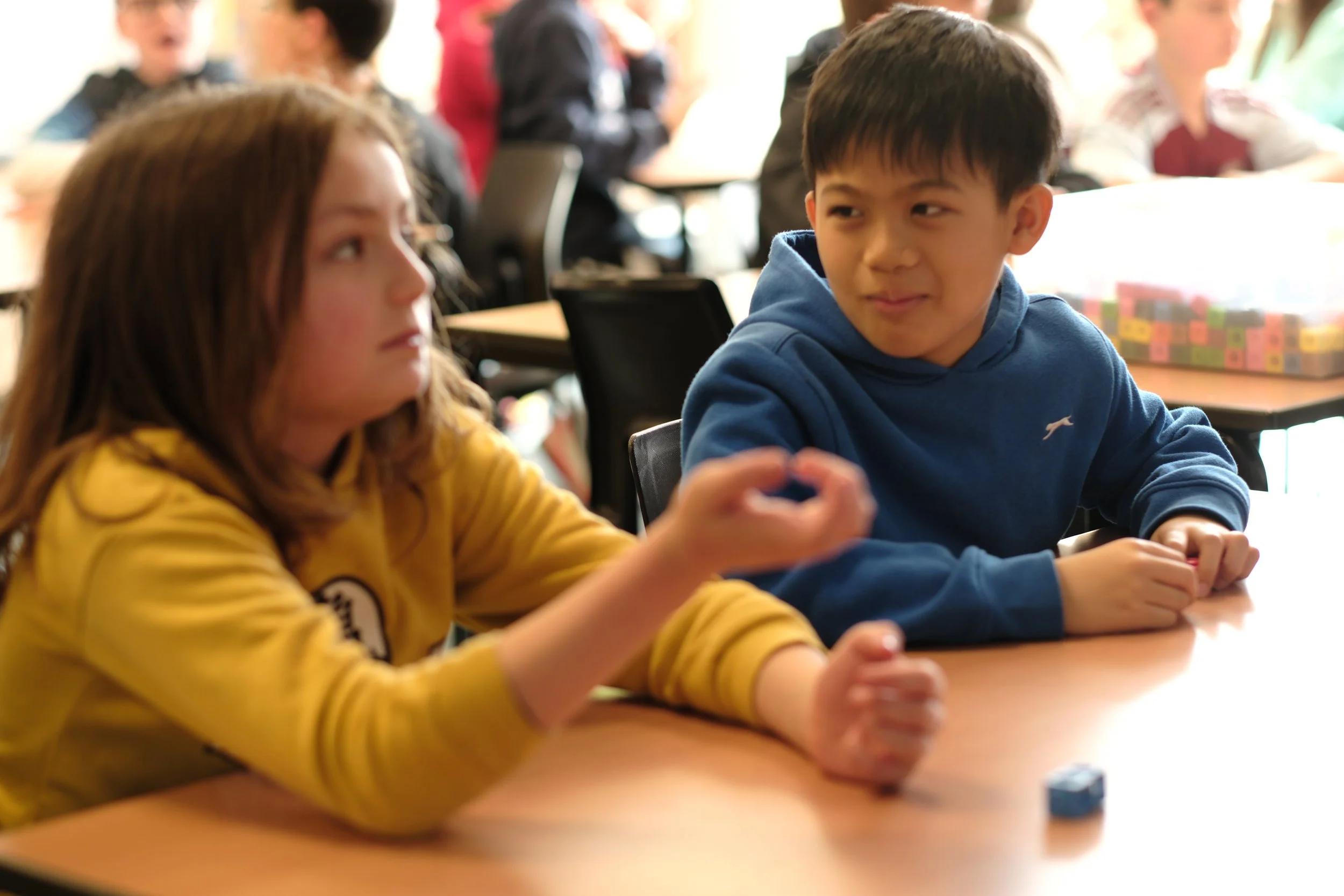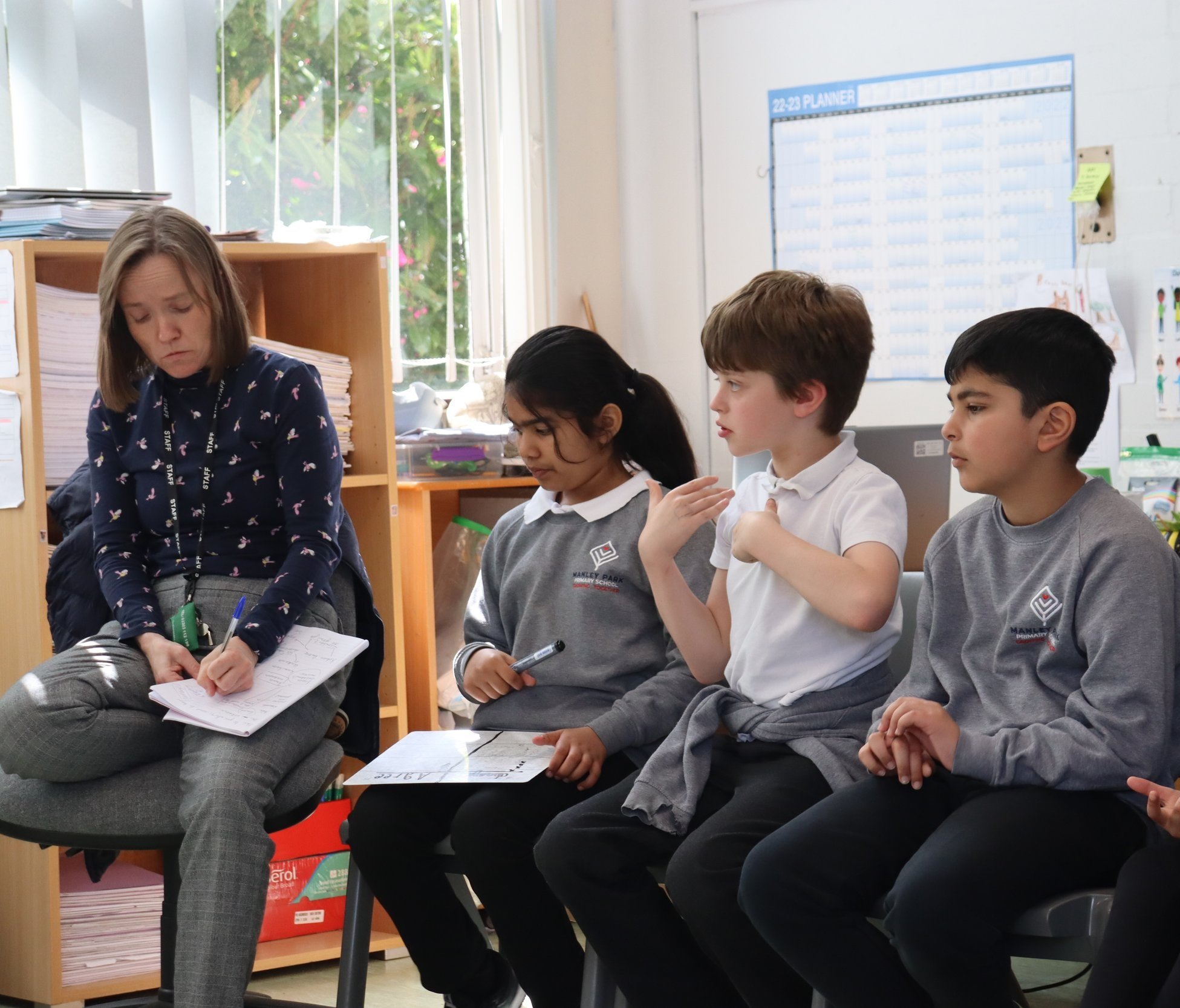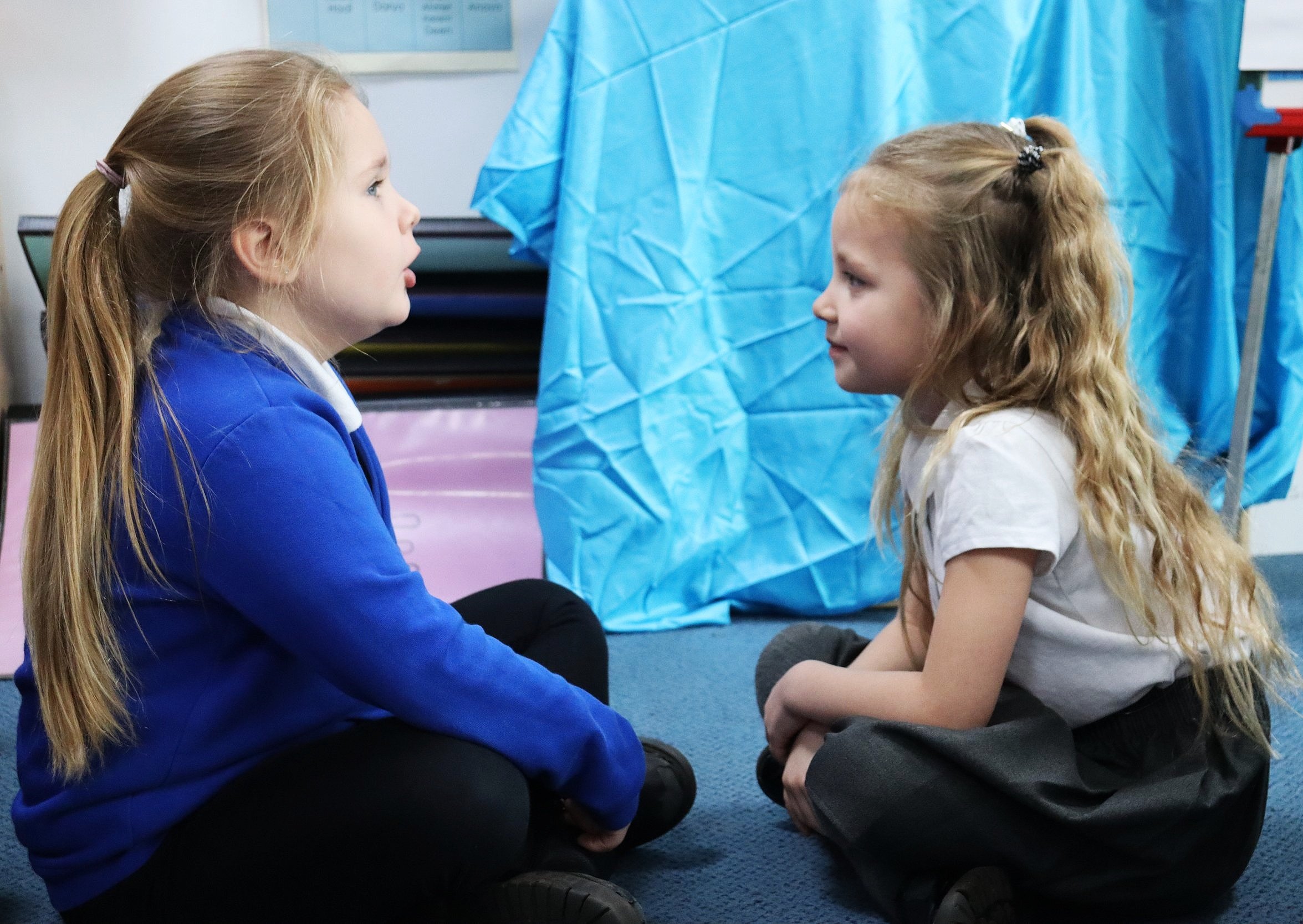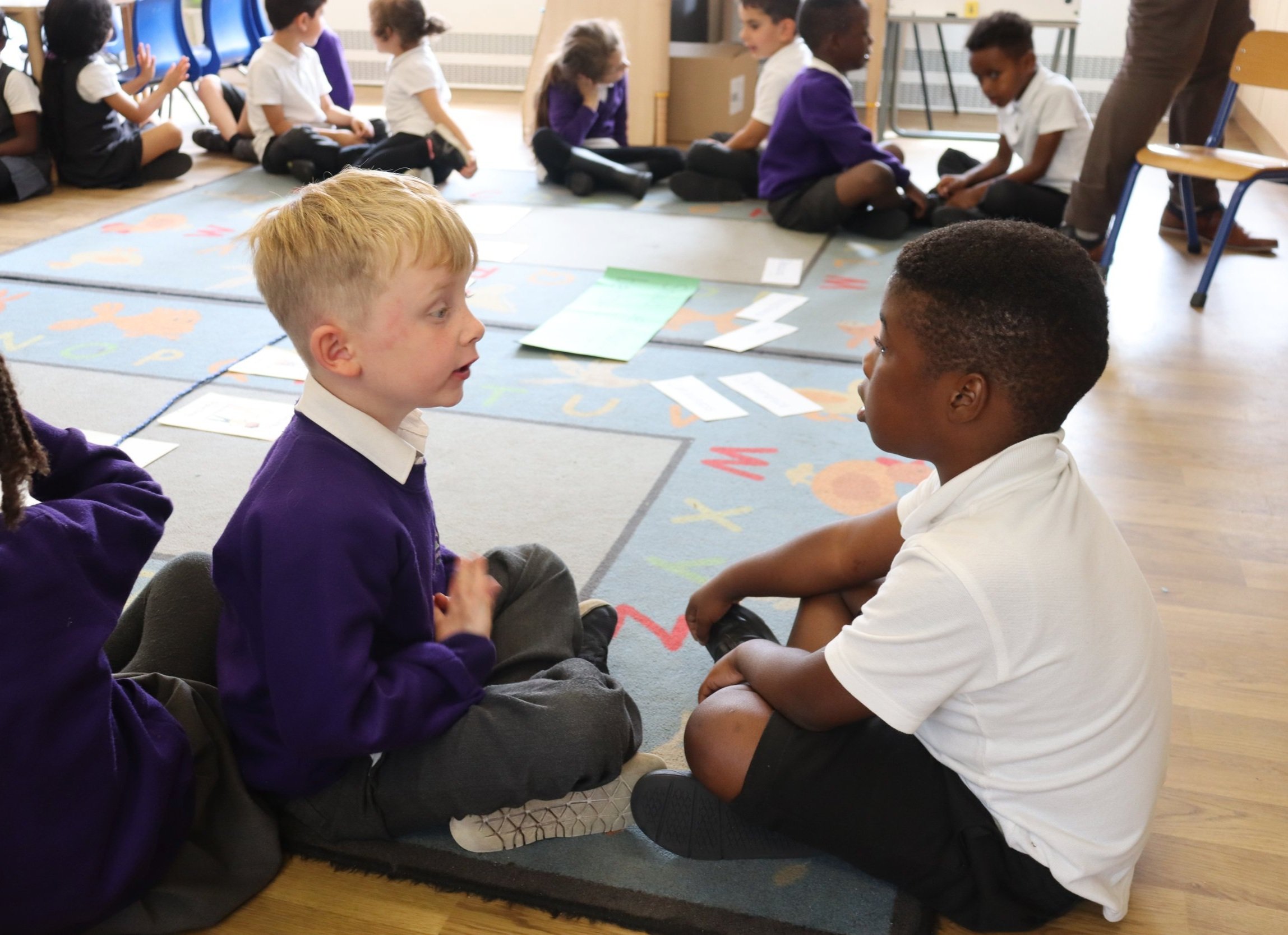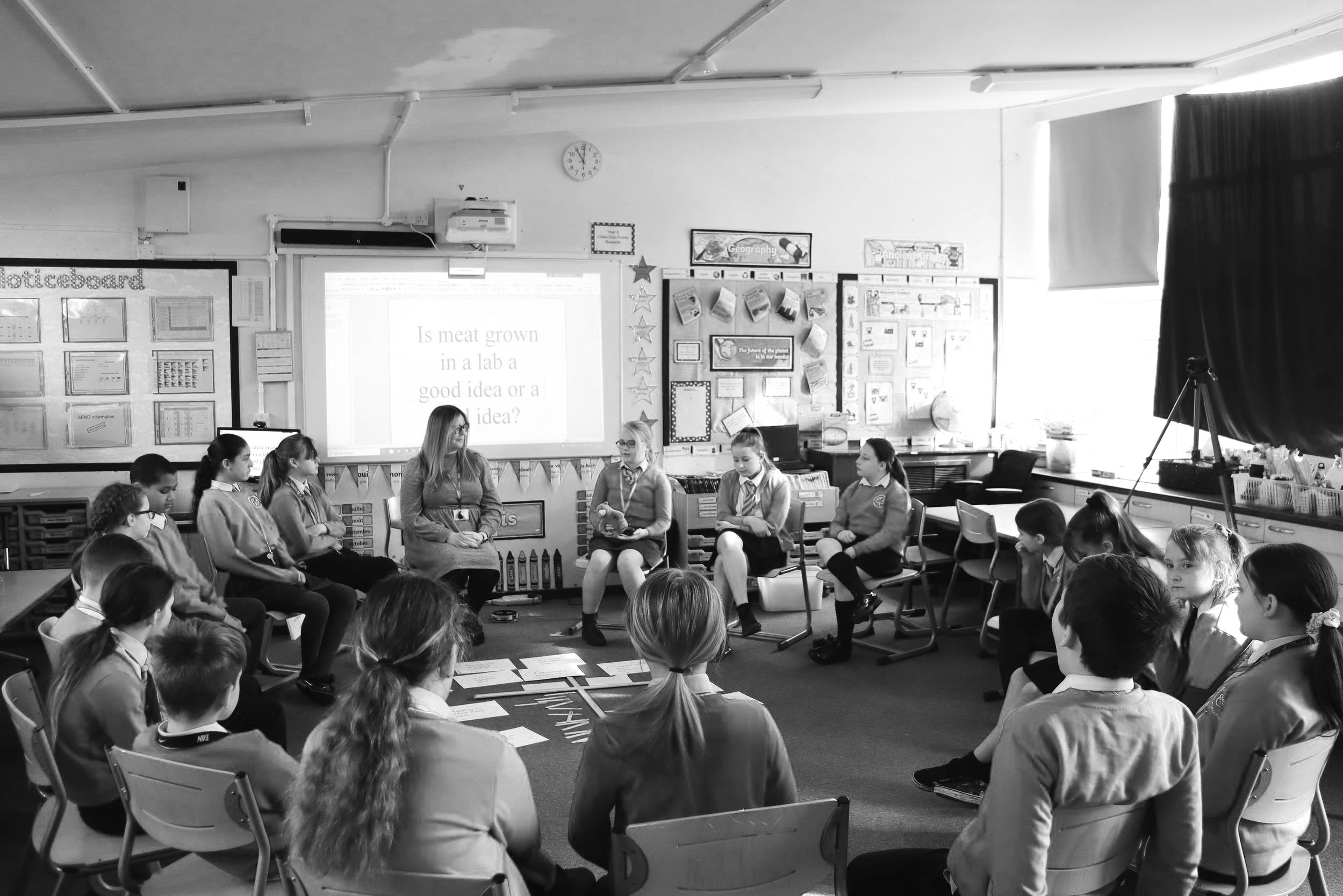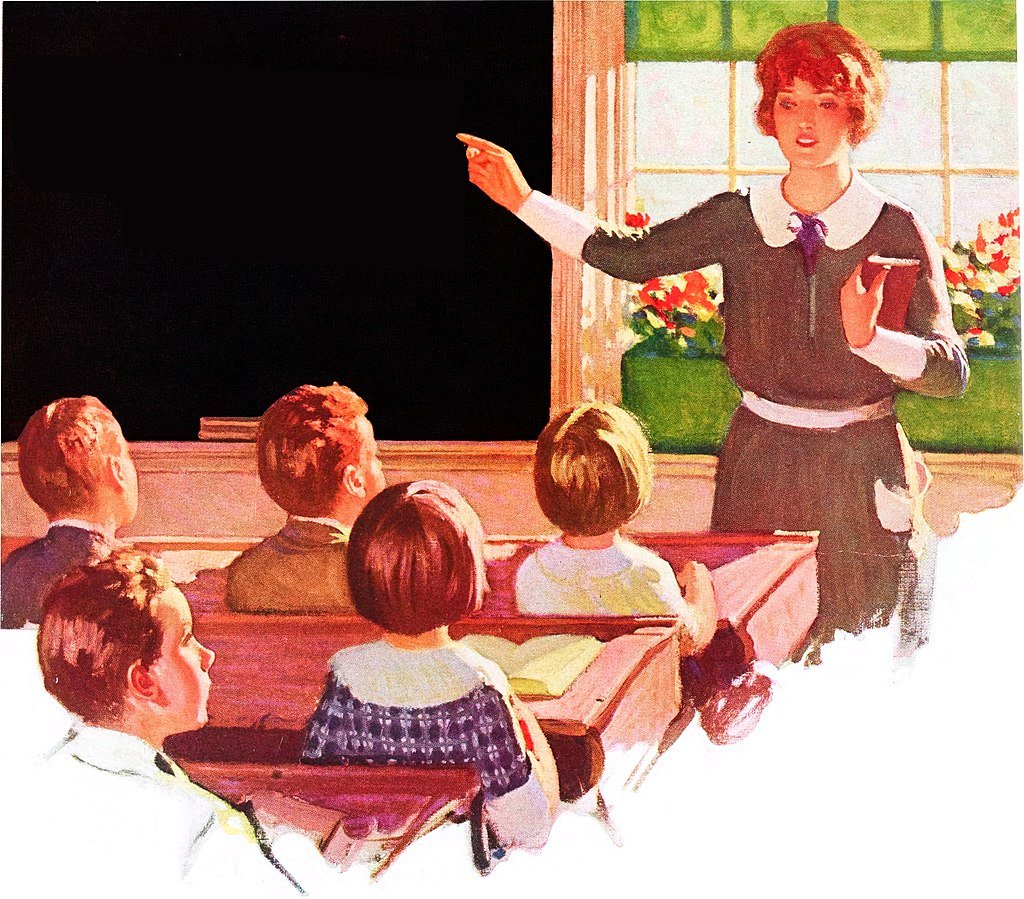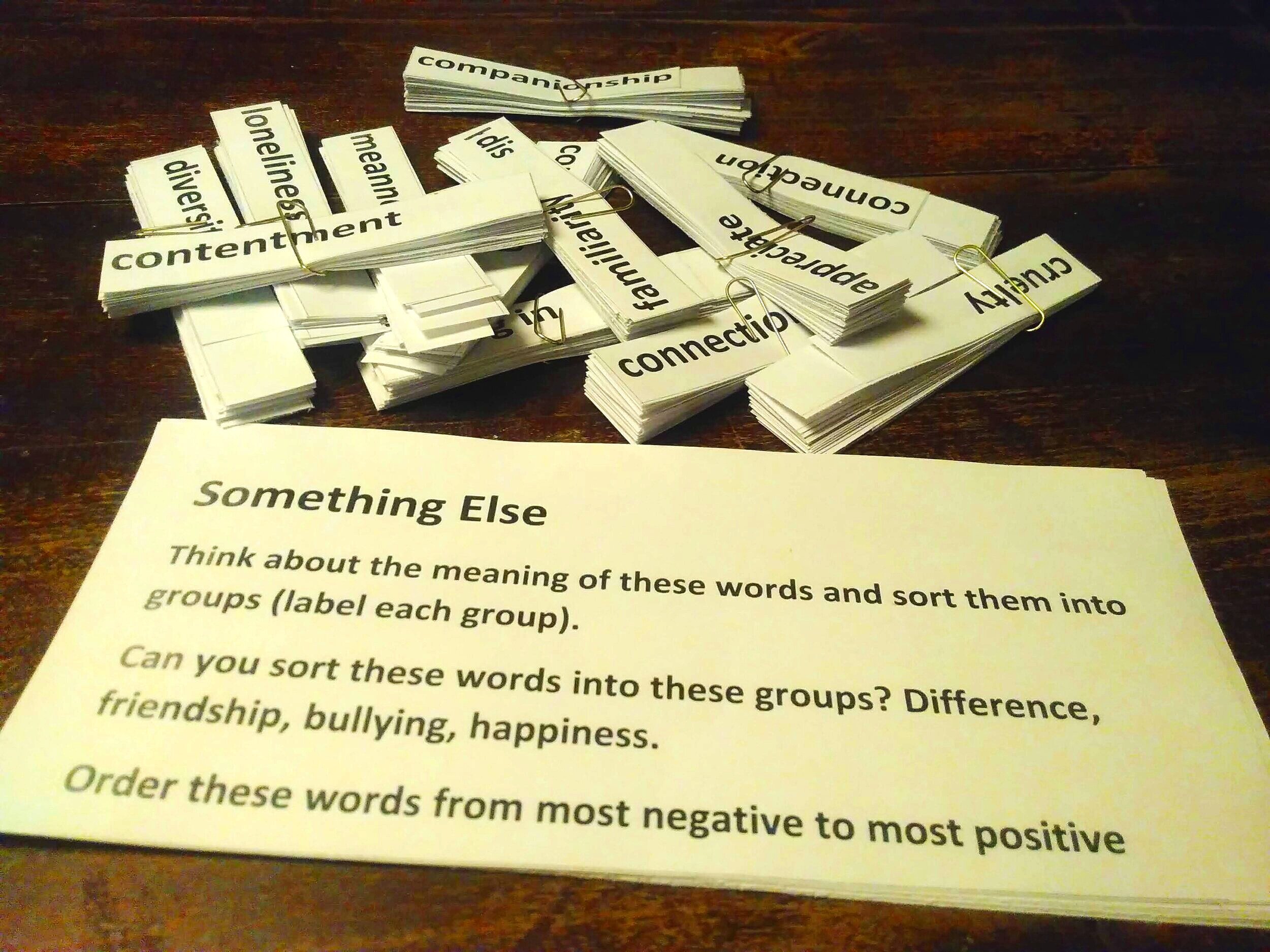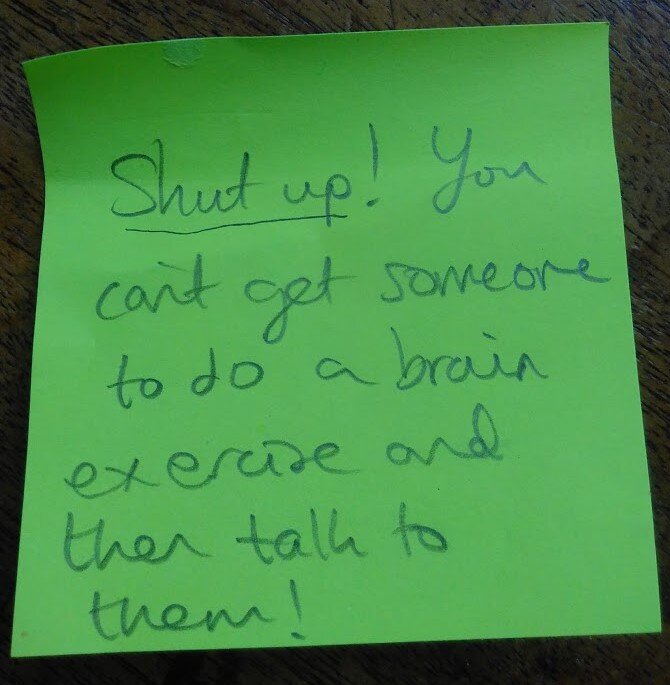I highly recommend the Commission Conversations podcast, from the Oracy Education Commission. It’s hosted by Geoff Barton and features interviews with school leaders, academics, teachers, advisors, speech and language therapists, authors and many others with insight and expertise. It’s a great listen for anyone who wants to think deeper about oracy in schools or gain insight into the current policy debate in the UK. I was interviewed recently as part of this.
Here are just a few of the other conversations I found interesting:
Tom F Wright presenting a history of oracy education movements (it goes back centuries) and how this may be relevant to present-day policy debates
Sonia Thompson talking about leading her inner-city school to provide a whole-school oracy curriculum
Bill Lucas discussing a possible future where student progress is measured in a broader way than written exams; also briefly giving a perspective on the extent to which ‘oracy’ is on the agenda in other countries
Jean Gross making the case for high-quality early years education in partnership with families
Adam Power-Annand describing the inspirational Speech Bubbles programme.
You can access the commission conversations via most podcast apps – search for ‘Oracy Education Commission’.
Have a listen and see what stands out for you. As usual, I’d love to hear your thoughts.
Defining ‘oracy’
Some of the conversations include discussion about the need for a clearer definition of terms like ‘oracy’ and ‘oracy education’. I feel that James Mannion has provided a helpful answer to this in his blog post for Oracy Cambridge, ‘On defining oracy’. He provides his definitions in a short version of the post, then provides a long version detailing the thinking behind them.
I agree with Dr. Mannion that up-to-date, concise, dictionary-style definitions are essential – these underpin the detailed policy discussion about how best to ensure children develop oracy.
Give pupils the skills and resilience to work with a diverse range of people
I highly recommend this podcast to anyone with an interest in oracy education
Let’s start talking about the impact screen time might be having on language development
It’s great that they are motivated to speak next, but are they really listening?
Show your pupils that you are trying to understand their thinking
Does it matter if UK children use words and accents from the USA?
Pupils tell us why they think their peers don’t raise their hands
Three essential ingredients to ensure pupils have the confidence to speak in front of their peers
Philosophy for Children helps students explore their thoughts as a community

